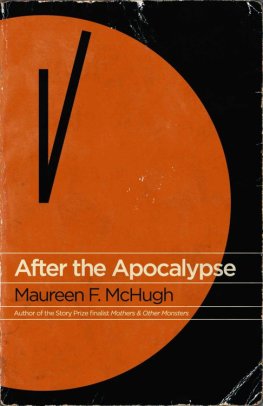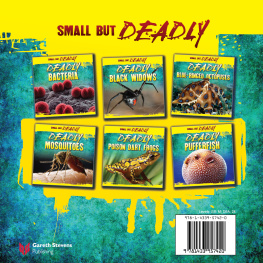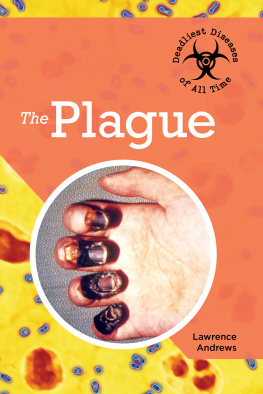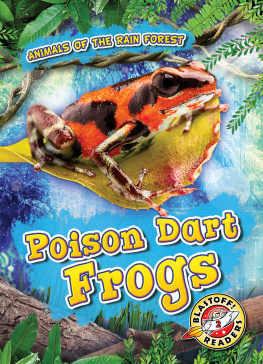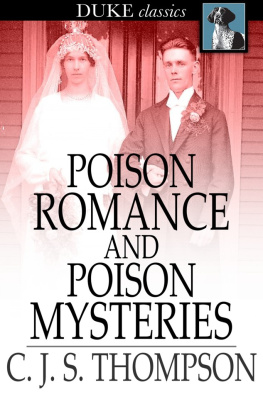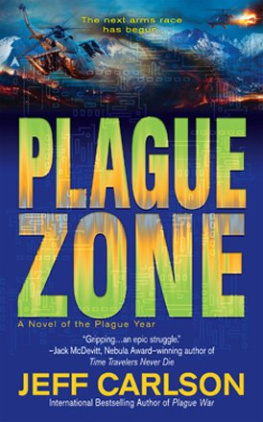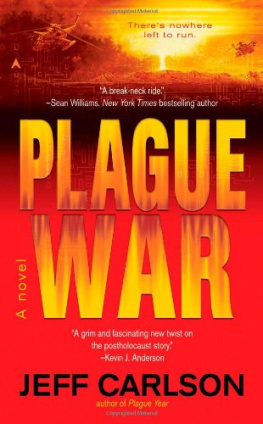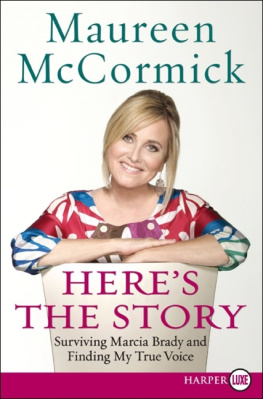Maureen Ash - A Plague of Poison
Here you can read online Maureen Ash - A Plague of Poison full text of the book (entire story) in english for free. Download pdf and epub, get meaning, cover and reviews about this ebook. genre: Detective and thriller. Description of the work, (preface) as well as reviews are available. Best literature library LitArk.com created for fans of good reading and offers a wide selection of genres:
Romance novel
Science fiction
Adventure
Detective
Science
History
Home and family
Prose
Art
Politics
Computer
Non-fiction
Religion
Business
Children
Humor
Choose a favorite category and find really read worthwhile books. Enjoy immersion in the world of imagination, feel the emotions of the characters or learn something new for yourself, make an fascinating discovery.

- Book:A Plague of Poison
- Author:
- Genre:
- Rating:3 / 5
- Favourites:Add to favourites
- Your mark:
- 60
- 1
- 2
- 3
- 4
- 5
A Plague of Poison: summary, description and annotation
We offer to read an annotation, description, summary or preface (depends on what the author of the book "A Plague of Poison" wrote himself). If you haven't found the necessary information about the book — write in the comments, we will try to find it.
A Plague of Poison — read online for free the complete book (whole text) full work
Below is the text of the book, divided by pages. System saving the place of the last page read, allows you to conveniently read the book "A Plague of Poison" online for free, without having to search again every time where you left off. Put a bookmark, and you can go to the page where you finished reading at any time.
Font size:
Interval:
Bookmark:
A Plague of Poison
Maureen Ash
Prologue
Lincoln Early Spring 1201 A.D.
With the celebration ofEastertide at the end of March, a warm spring radiance had descended on Lincoln. As the month of April began, only brief showers of gentle rain marred its brilliance. In the countryside, young lambs frolicked beside their mothers and villeins sent prayers of thanksgiving heavenward as the pliable earth turned easily beneath their ploughs. The townspeople, too, welcomed such a providential heralding of the summer to come. Goodwives threw out old rushes from the floors of their homes and replaced them with ones that were new and sweet smelling, linens soiled during the long months of winter were washed and hung out to dry and the walls of houses were given fresh coats of lime.
Only in the squalid suburb of Butwerk, which lay just outside the city walls, was there no sign of rejoicing, for the ditch called Werkdyke bordered the area and the accumulated rubbish in its depths had begun to steam as the temperature rose. It was a deep cavity, filled with detritus collected from streets within the town, and was comprised of offal, old bones, the contents of soil pots and glutinous blobs of decomposing vegetable matter. The stench of its noxious fumes drifted up and spread into Whores Alley, where the prostitutes plied their trade, and floated above the gravestones in the cemetery of St. Bavons, the dilapidated church that served the parish. Rats darted among the piles of refuse, vying with stray cats and dogs in their scavenging, while crows hopped and fluttered in their midst, cawing stridently.
The earliness of the hour and the miasmic atmosphere kept all who had the misfortune to live in Butwerk inside their dwellings, and so there was no one to remark the presence of the man that tramped beside the ditch. He walked with a purposeful stride, not heeding the loathsome odours that assailed his nostrils, and now that he was alone, he allowed the rage that he had kept hidden behind a pretence of genial civility to bubble up and come to the surface. After so many long months, it was almost time for him to carry out his plan for revenge. Only one final step remained, and that was to test the means by which he intended to extract it.
He searched among the carrion eaters for a suitable victim. Eventually, he spied a large dog with a matted black coat and ears that were mangled and torn. The animal was cowering near the edge of the ditch, trying to wriggle closer to a lump of maggot-infested meat that was being ferociously guarded by a feral tomcat.
Ignoring the feline, the man approached the dog. He spoke to it in soft tones, proffering a large chunk of salted pork. The cur was timorous at first but, unable to resist the food that was so tantalisingly near its nose, finally gave a tentative wag of its bedraggled tail and crept closer, its whole body quivering with expectation. When the animal came to a halt near the mans feet, its benefactor smeared the meat with a substance he took from the scrip at his belt and laid it on the ground. The dog quickly gulped the tidbit down and then raised its head hopefully, looking for more.
One portion is all that will be necessary to sate your hunger, my ugly friend, the man said gravely. You should have been less hasty and savoured the sweetness of its taste.
When it seemed that no further largesse would be forthcoming, the dog moved away from the man and resumed its envious contemplation of the tomcat. Within a few minutes the dog began to whine and hunkered down on its belly. Its distress became more evident as the animals body began to tremble, and soon it was retching copiously and appeared to be in great pain. The man kept watch over the animal until, eventually, the exhausted dog fell onto its side and lay panting on the ground. It made one last feeble attempt to stand upright before a final shudder wracked its frame and it died.
The man felt no regret for the dogs death, only a sense of triumph. The poison was more effective than he had hoped. He raised his head and looked at the delicate white clouds scudding across the blueness of the April sky then dropped his gaze to the castle battlements and the spire of the Minster, their outlines standing stark on the horizon above the houses of the town spread out below. Soon all of those who had destroyed innocent lives would pay for the sins they had committed. With a mirthless smile of bitter anticipation, he raised his booted foot and pushed the dogs lifeless body over the edge of the ditch and into the foul depths of the Werkdyke.
One
Lincoln Spring 1201 A.D.
The castle at Lincoln sits high atop a hill that overlooks the town, and it is built on the site of the old Roman fort called Lindum, hard by the broad highway of Ermine Street. Sharing the height with the castle is the Minster, and to the east, on the shoulder of the hill, is the Lincoln preceptory of the religious military order of the Poor Fellow-Soldiers of Christ and the Temple of Solomon, commonly called the Knights Templar.
The enclave is moderate in size and encircled by a stout stone wall. Within its confines are a round chapel, refectory, dormitory, kitchen, storehouse, forge and stable, with a central open space used as a training ground. On the hillside below the compound is a stretch of grassland where the Orders horses are exercised.
On the morning of the day the poisoner claimed his first human victim, the preceptor of the commandery, Everard dArderon, an older knight of some sixty years, was seated at a small table in the room that he used for his private quarters. Across from him, standing by the one window the room possessed, was Bascot de Marins, a Templar knight.
So, Bascot, you have made your decision, have you? dArderon asked.
Yes, Preceptor. I have not much choice in the matter. The kings proposal is one that any man would find difficult to refuse. I must leave the Order.
DArderon got up from his chair and paced to the far end of the room. He paused and turned to face Bascot. The younger knight looked tired, his attitude one of dejection. The preceptor remembered when de Marins had first come to Lincoln, some eighteen months before. The London master of the Templars, Thomas Berard, had sent him north, requesting the hereditary castellan of Lincoln castle, Nicolaa de la Haye, to give him a temporary place in her retinue so that he might have a space of time to heal from the rigors of eight long years spent as a captive of the infidels in the Holy Land. His bodily injuries-an eye put out by the Saracens and an ankle badly damaged during his escape from a Muslim pirate ship-were not all that afflicted him. The news, on his return to England, that his entire immediate family-father, mother, brother and sister-by-marriage-had perished in a pestilence during his absence had caused his faith to waver and he had announced his wish to resign from the Order. Berard, knowing that Bascot had conducted himself with valour prior to his capture, was loath to lose him and so had hoped that in the familiar routine of an English castle Bascot would recover his strength and his devotion to God. The masters remedy had worked, but not in the manner that he had hoped.
Tell me again of the kings promise, the preceptor said. He already knew well the terms of the pledge King John had made to the Templar knight, but he was trying to find time to think of some way to dissuade de Marins from his course.
He will restore to me my fathers fief-as you know it has been in the possession of the Crown since he and my older brother died-on the condition that I resign from the Order and take up service in the Haye retinue. Bascot paused and then added, He has also said I will be allowed to select an heir of my own choosing if I do not marry and have sons of my own.
And that last part is why you are doing this, is it not? For your waif?
Font size:
Interval:
Bookmark:
Similar books «A Plague of Poison»
Look at similar books to A Plague of Poison. We have selected literature similar in name and meaning in the hope of providing readers with more options to find new, interesting, not yet read works.
Discussion, reviews of the book A Plague of Poison and just readers' own opinions. Leave your comments, write what you think about the work, its meaning or the main characters. Specify what exactly you liked and what you didn't like, and why you think so.

